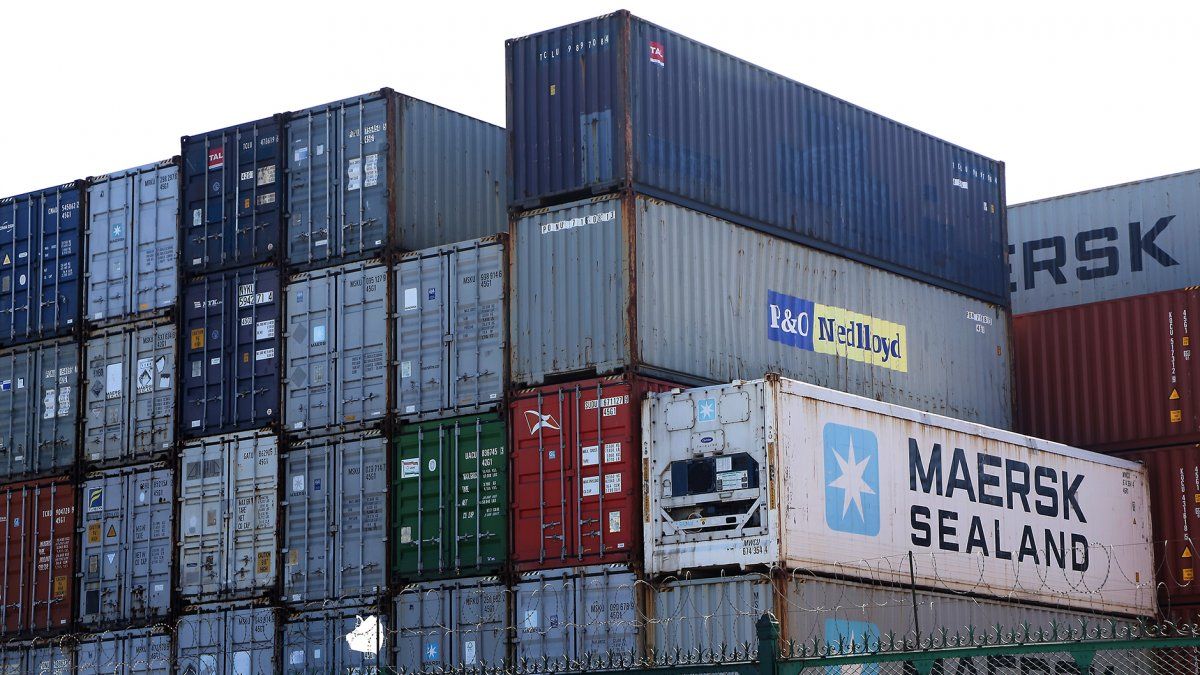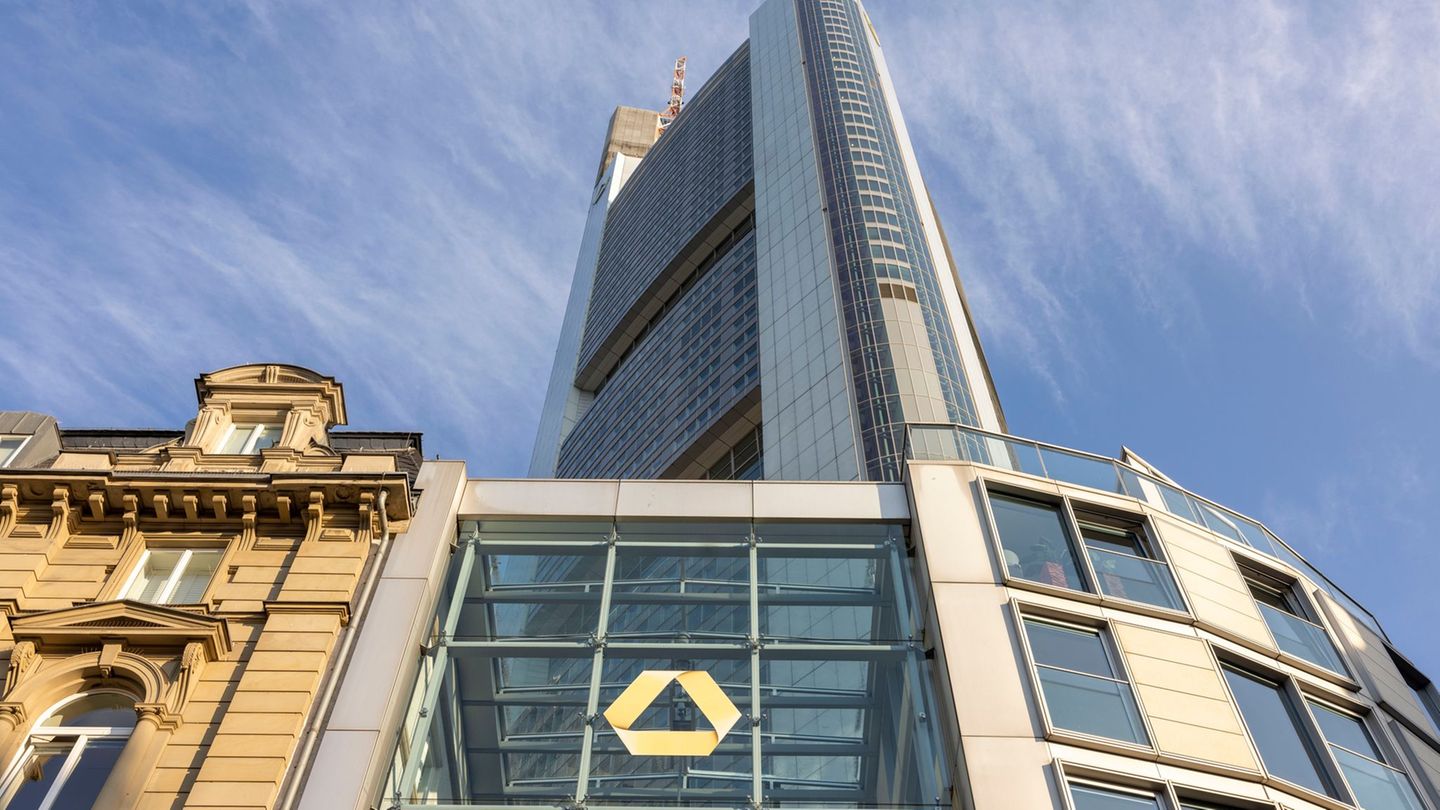On Monday, October 17, the new SIRA system began to work, an acronym to refer to the Import System of the Argentine Republic, which replaces the old SIMI, launched in 2016 to put an end to the DJAI. In the last 20 days, 78,000 declarations were entered by 12,000 operators, for a total amount of US$8,266 million. Half of the operators were approved, which means that these companies already have the date of access to the single market and free of change (MULC), and can use the official dollar to pay, today at $157. But only for a third of the requested amount (US$2.686 million).
Deadlines
Unlike the current method, where the Central Bank enabled a monthly quota of dollars so that companies could import, with the SIRA it indicates the term in which it can be accessed once the merchandise arrives. The minimum term is 60 days, in the case of SMEs, while for large companies it can be extended up to 180 days, or depending on the type of good, even up to a year.
For this reason, imports approved with this SIRA method will only begin to be paid on Friday, December 23, that is, 60 days after the system began to govern. In that remaining week of 2022, there will be payments of $88 million. The bulk of the maturities will begin in 2023. There is already a payment date for next year for an amount of US$2.6 billion.
Therefore, what the Central Bank will pay in imports in the last two months of the year refers to what was already approved under the previous SIMI system. Economy aspires to lower imports to the range of US$5.5 billion per month. Only in the first nine months of the year were the total of all imports for 2021 already exceeded. In no month were they below US$6,000 million, and even in July they reached the historical record of US$7,786. million for energy prices. As Ámbito was able to find out, October closed with imports at US$6.1 billion (cif value), the lowest value since January of this year, when they had been US$6.032 million.. Another benefit that SMEs will have is to be able to access an “advance” to be able to transfer foreign currency abroad once the SIRA is approved. It was a very strong request from the cameras, given the distrust of foreign suppliers, of having to wait 60 days just from the arrival at the port of the good. The advance payment will be US$50,000, although under the SIMI system it was US$250,000.
There are several reasons that can explain why SIRAs are observed or rejected. On the one hand, the company’s imports of the last 24 months are analyzed, and if they exceed 200%, the real-time control system marks a red sign that says “severe risk”. 38% of operators are listed this way. They seek to avoid overstocking. That happens to an aircraft importing company, which brought in US$500,000 per month and asked for US$5 million for a single month.
Precautionary
On the other hand, there are more than 1,700 companies that are “blocked” to operate. Of those 1,068, it is for having presented judicial injunctions “in an abusive manner”, for an amount of US $ 2,600 million. “Seven companies have already given up and there are 150 that will declare themselves abstract in court, so they can continue operating.” On the other hand, there are another 700 companies blocked for being in criminal proceedings with complaints of over-invoicing of imports, for US$633 million.
In this case, companies that want to speed up processes will be able to do so using “own dollars”. Since it went into effect this week, it has been used by 1,030 operators, for a total of US$125 million. In Economy they rule out the impact on inflation, because they assure that it is being used for luxury goods, such as Harley Davinson-style motorcycles, and not for supplies.
Source: Ambito
David William is a talented author who has made a name for himself in the world of writing. He is a professional author who writes on a wide range of topics, from general interest to opinion news. David is currently working as a writer at 24 hours worlds where he brings his unique perspective and in-depth research to his articles, making them both informative and engaging.




